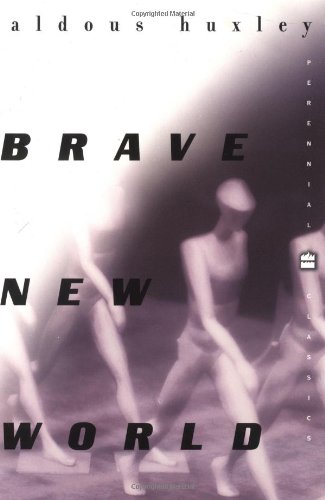In the shadowed realms of human ambition, Mary Shelley's "Frankenstein" emerges as a towering testament to the perilous quest for knowledge and the profound consequences of playing god. With chilling eloquence, Shelley weaves the tale of Victor Frankenstein, a young scientist consumed by a fervent obsession to defy the natural order. His creation, born from the macabre assemblage of stolen cadaver parts, becomes a mirror reflecting the darkest facets of human nature. This creature, abandoned and unnamed, embarks on a journey for acceptance, only to be met with horror and violence, prompting a spiral into vengeance that burns through the pages with relentless fury. Shelley's masterpiece, crafted in the wake of the Enlightenment and the Industrial Revolution, stands as a prescient critique of scientific hubris and the ethical boundaries of innovation. Through her vivid prose and the tragic arcs of both creator and creation, she explores the intricate interplay of identity, compassion, and the deep-seated fear of the unknown. "Frankenstein" is not merely a horror story but a profound exploration of the human condition, questioning the limits of human creativity and the moral obligations owed to the things we bring into this world. It remains, over two centuries after its initial publication, a hauntingly relevant discourse on the responsibilities that accompany our greatest achievements.
2
recommendations
recommendation
Similar recommendations
View all









This site is part of Amazon’s Associates Program. Purchasing books recommended by successful individuals through my links earns us a small commission, helping keep the site running, at no additional cost to you. Thank you for supporting our site!


